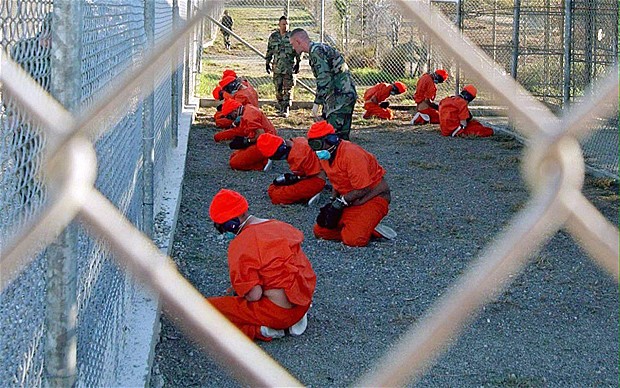
“A Canadian who travels to commit terrorism is very much a Canadian problem” warns the Canadian Security Intelligence Service (CSIS) in late January 2014.
CSIS has pointed to the issue of Canadian terrorists who travel abroad to commit acts of terrorism and live to tell the tale. This subsequently raises great concern for the safety of Canadians at home.
Deputy Minister of National Defense and CSIS Director Richard Fadden states that “CSIS is currently aware of dozens of Canadians — many in their early 20s — who have travelled or attempted to travel overseas to engage in terrorism-related activities in recent years.” When a surviving Canadian terrorist returns home after venturing abroad to participate in foreign conflict or to train with terrorist groups, it is often the case that they return home more radicalized than when they left. Furthermore, many of these Canadian terrorists acquire operational skills taught by terrorist groups that risk breaching the peace, safety and security of fellow Canadians at home. This makes the task of preserving the safety and security of Canadians even harder for CSIS professionals.
The international focus on Al Qaeda in the post 9/11 era is both real and ongoing, and Al Qaeda and affiliated groups continue to pose the biggest terrorism security risk. The RCMP confirmedthat Aaron Yoon, Ali Medlej and Xris Katsiroubas of London, Ontario were homegrown terrorist leaders who travelled to Mauritania and Mali in 2011 where they allegedly trained under Al Qaeda Algerian terrorist Mokhtar Belmokhtar.
In addition, a report published by The Star noted that the group of men from London was connected to two other major terrorist incidents: the alleged Al Qaeda-linked plot to attack a VIA train in April 2013, as well as to young Somali-Canadians who have travelled abroad to join Al-Shabaab, a militant group in Somalia. In a briefing issued by CSIS last year, the spy agency warned that “Canadians are involved in every Al-Qaeda affiliate group and that these groups have mentioned Canada as a possible target”. These links drive great concern for Canadian security professionals, and they are aware that the threat to Canada and its citizens are often homegrown.
There have been “a significant number of attacks against agencies on the federal, provincial and even municipal level.” More specifically, the federal government of Canada sees “serious attempts to penetrate its networks on a daily basis.”According to CSIS, “national security concerns related to foreign investments in Canada will continue to materialize.”

In the post 9/11 era, the concept of radicalization is often used in the debate surrounding terrorism. This debate focuses on the phenomenon of citizens or residents of European and Western nations choosing to undertake terrorist activity. The United States, for example, experienced a perceptible shift in their focus on the threat posed by American Muslims. This shift came soon after the 2005 London terrorist attacks perpetrated by European homegrown terrorists.
The decade following the 9/11 attacks saw an increase in terrorist-related arrests in both the Western and European nations. In the eyes of concerned terrorist analysts, this increase foreshadoweda growing concern regarding radicalization among American-Muslim population. Today, analysts have concluded that the phenomenon of homegrown terrorism has “evolved from a peripheral issue to a major theme in contemporary debates about the terrorist threats facing the United States”.
Public officials in Homeland Security hold regular council meetings to discuss the growing number of Americans engaging in terrorist activity. As cautioned by Secretary of Homeland Security Janet Napolitano, “One of the most striking elements of today’s threat picture is that plots to attack America increasingly involve American residents and citizens…The American People would be surprised at the depth of the [homegrown terrorist] threat”.
The aforementioned occurrences of terrorism in both the Western and European NATO member countries prove that participation in terrorism has no borders. It must be recognized that no country can become an unwitting exporter without suffering damage to its international image and relations.




